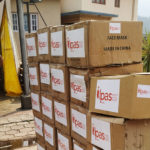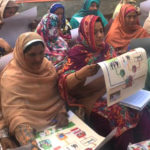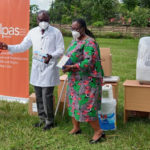Stories from around the Network
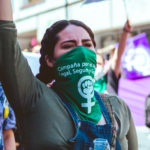
The Mexican state of Hidalgo made history on June 30 when it became the third state in the country to legalize abortion up to 12 weeks of pregnancy. Hidalgo joins the states of Oaxaca and Mexico City in changing its laws to guarantee the reproductive rights of women.
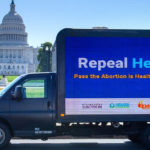
Anu Kumar, President and CEO of Ipas, released the following statement in response to the U.S. House of Representatives’ State, Foreign Operations and Related Programs Subcommittee Appropriations Bill’s historic exclusion of the Helms Amendment and critical advances for reproductive justice globally:
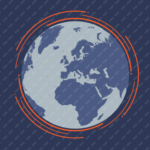
As a brutal civil war in the Tigray region of Ethiopia continues, Ipas Ethiopia is taking action to ensure that sexual and reproductive health care services are a priority at more than 125 health facilities across the region—a move prompted by widespread reports that rape and sexual violence are being used against women and girls as a weapon of war.

Legal access to abortion and contraception in the Democratic Republic of the Congo (DRC) was officially expanded in 2018, when the Maputo Protocol effectively became the law of the land. But much work remains to make accessible abortion care a reality.
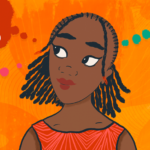
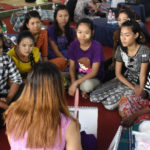
Each year, thousands of young women from across Myanmar migrate to the sprawling Hlaingtharyar industrial zone in Yangon to take factory jobs. But the area has become a hot spot for unsafe abortion. Many of the young workers have little or no knowledge about sexual and reproductive health and rights, putting them on a pathway to unintended pregnancies and abortion by unsafe methods.
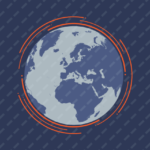
We are deeply saddened by the violence that killed eight people, including six women of Asian descent, in Georgia. We stand with the Asian American community, our partners and all those who fight for justice in condemning it.
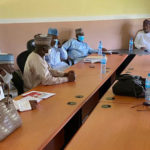
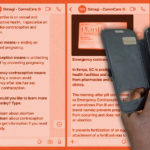
Women in Kenya and the Democratic Republic of the Congo (DRC) who would like information on abortion and contraception now have a virtual provider they can turn to: Nurse Nisa.
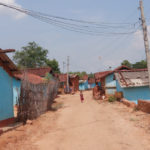
It’s been nearly a year since the World Health Organization officially declared COVID-19 a global pandemic—a crisis that has disrupted the lives and educations of millions of school-aged children. Even before the pandemic, an estimated 263 million children were not in school, a number that undoubtedly has grown due to school closures to slow the spread of the virus.



